A GOVERNOR FOR ALL
LeRoy Collins (1909-1991)
Thomas LeRoy Collins was the 33rd governor of Florida and served from 1955 to 1961. Collins was the first governor from the South to promote ending segregation.
Who We Are
The LeRoy Collins Institute, named in honor of former Florida Governor LeRoy Collins, is a non- partisan, statewide policy organization which studies and promotes creative solutions to key private and public issues facing the people of Florida and the nation. See our By-Laws here: LCI By-Laws
Leadership
The Institute is governed by a distinguished Board of Directors that includes current and former state-elected officials, other policy makers, educators and private citizens from throughout Florida. The Institute is chaired by John Marks, III and the director is Lonna Atkeson.
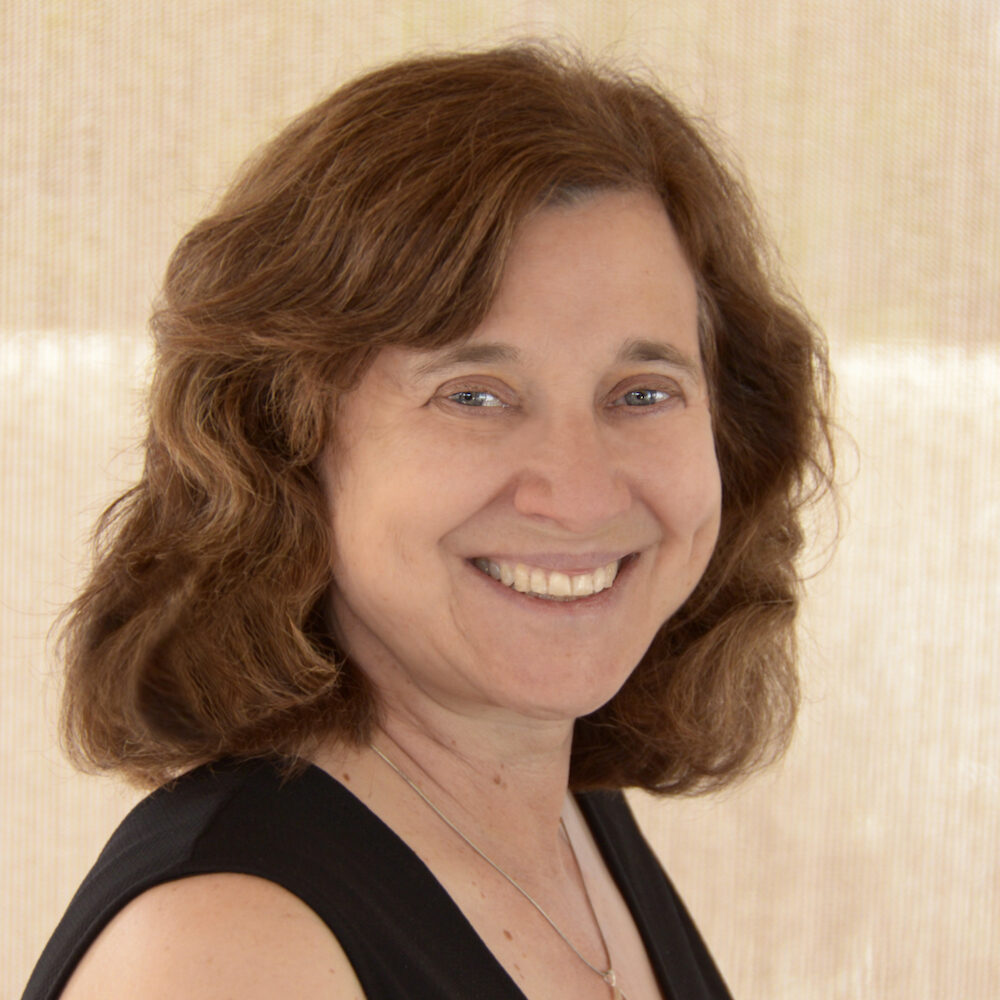
Lonna Atkeson, Ph.D.,
Institute Director
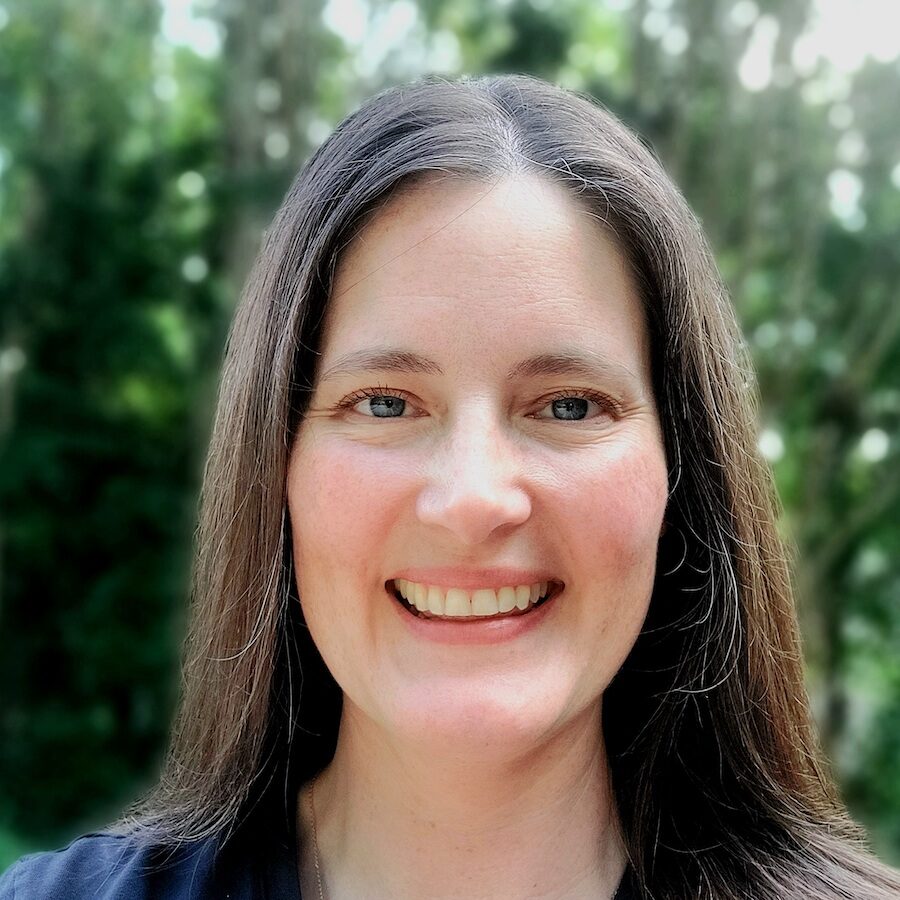
Brooke Beazer,
Institute Deputy Director
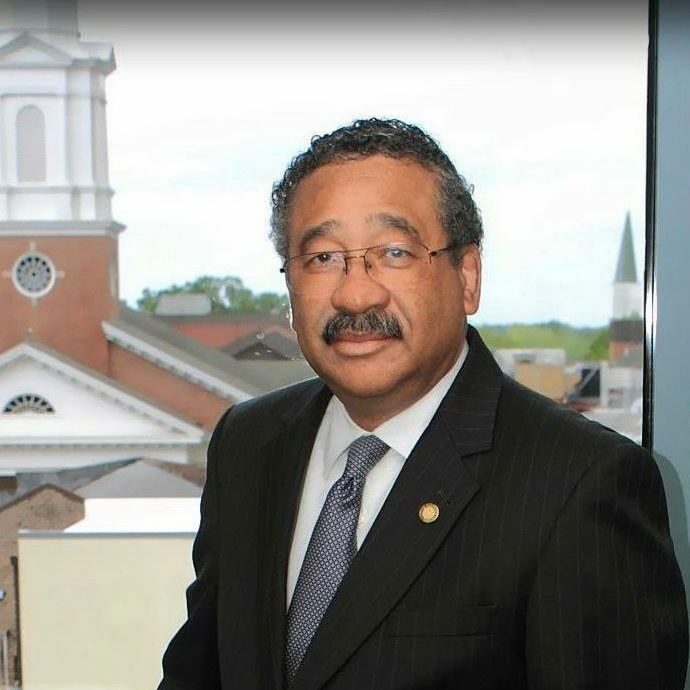
John Marks III,
Board Chair
Fellows
Miguel Arceo-Miranda
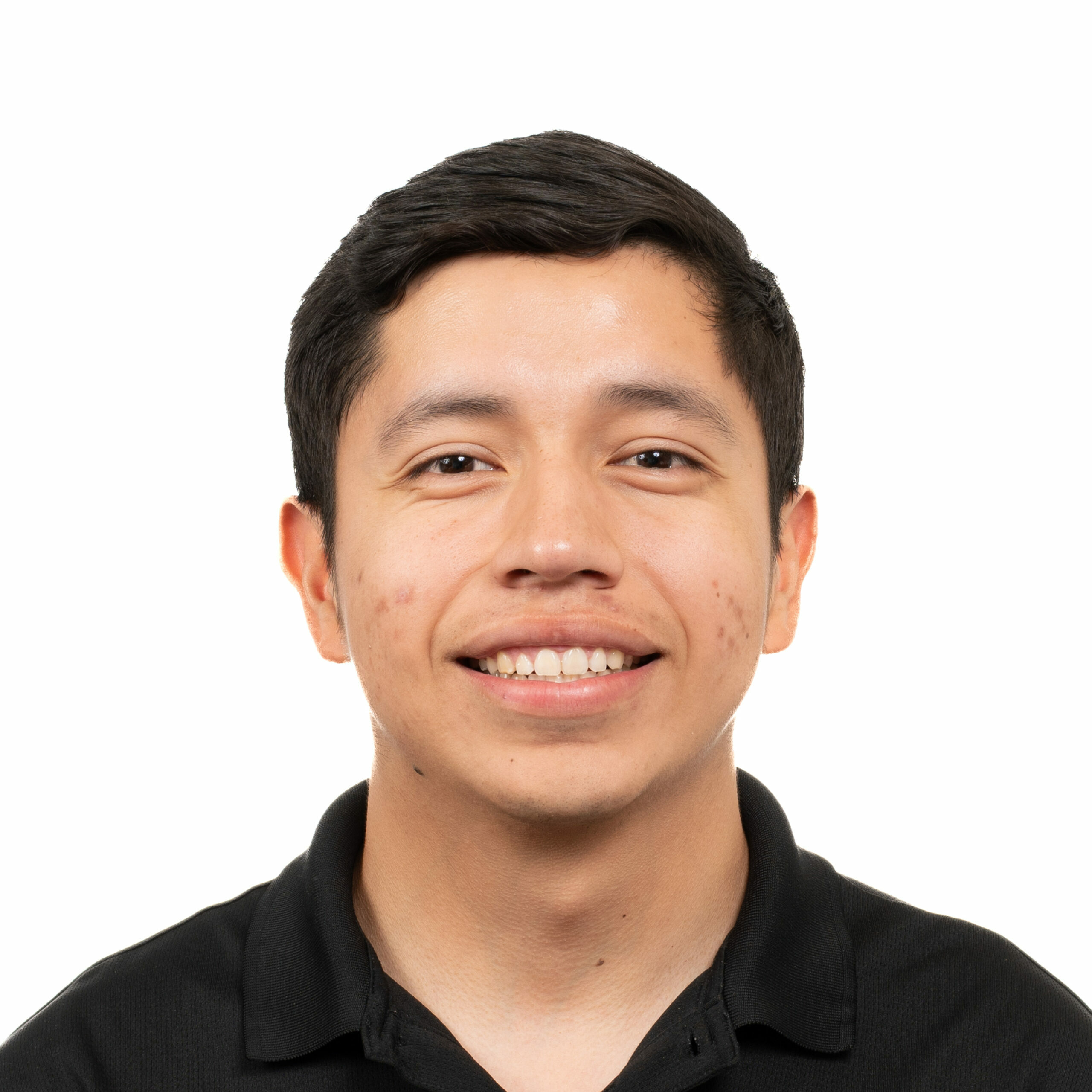
Carson Cary
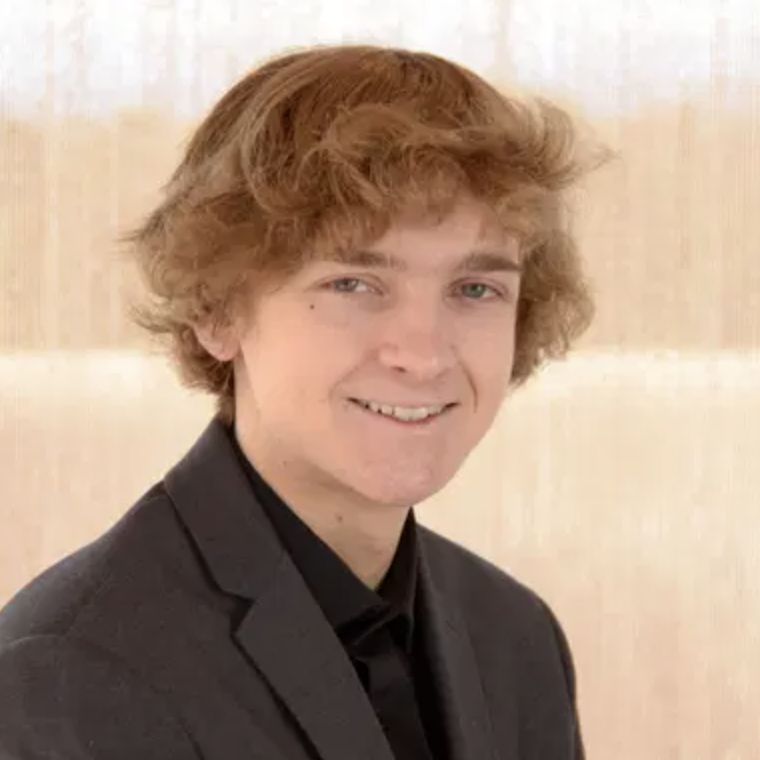
Ryan Davey
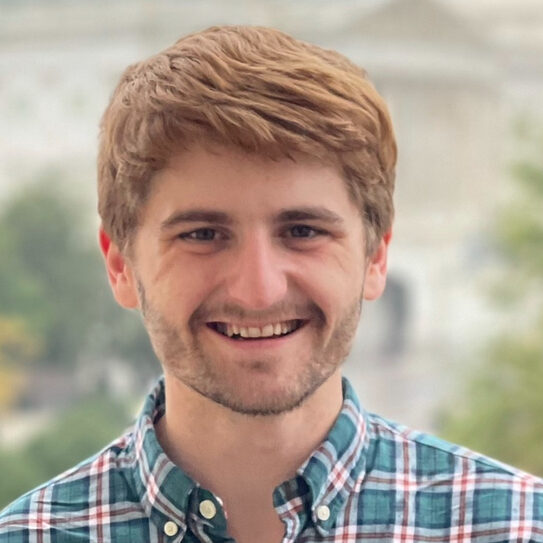
Quang Minh Nguyen
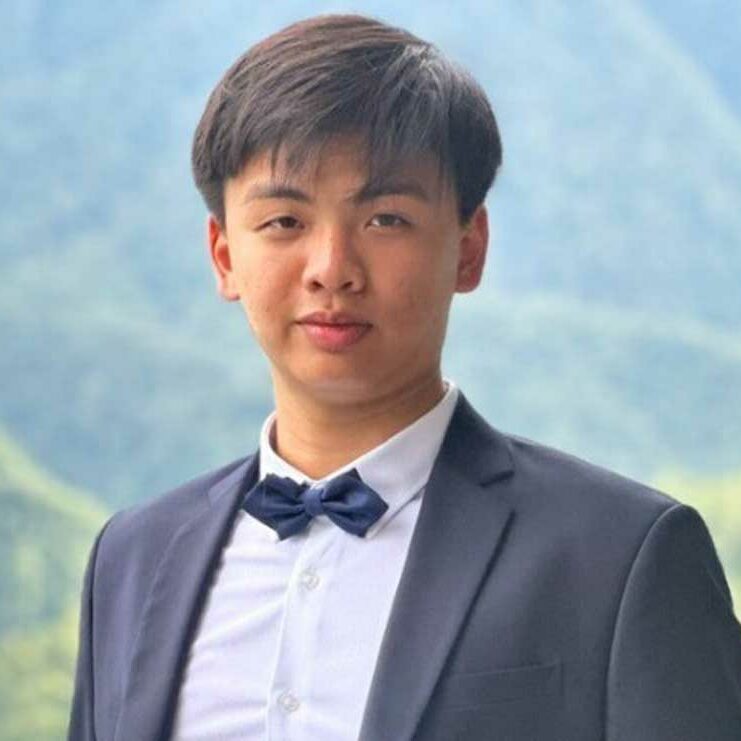
Marli Dunietz
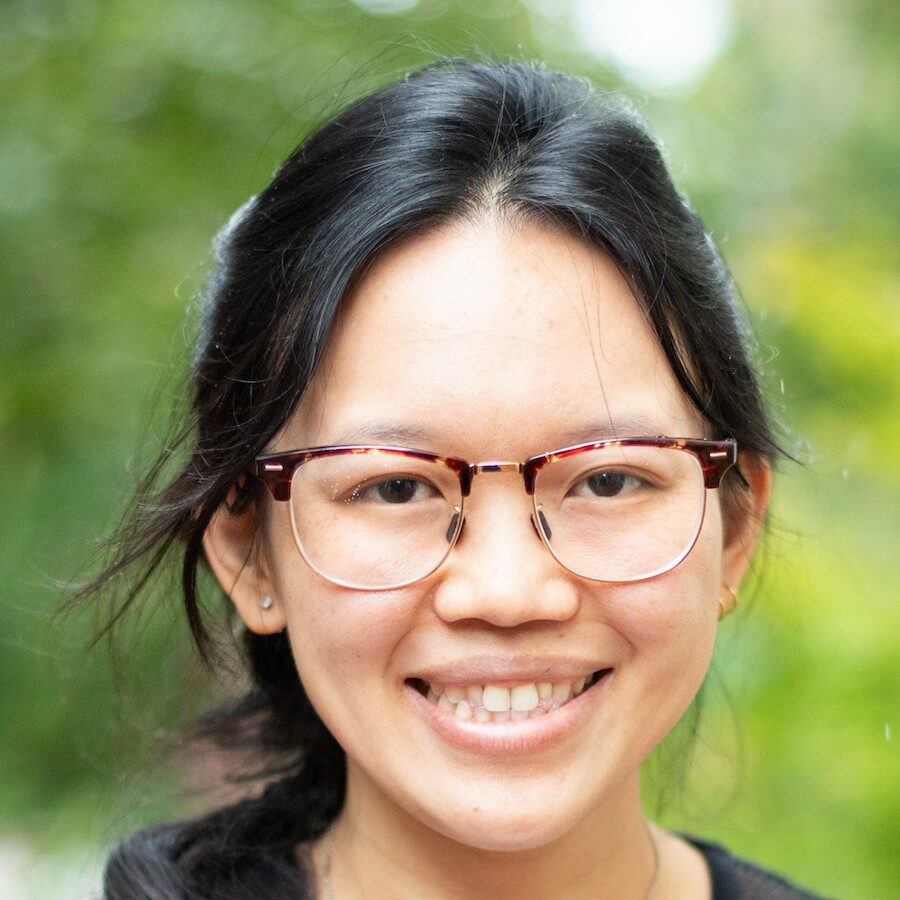
Sarah Holland
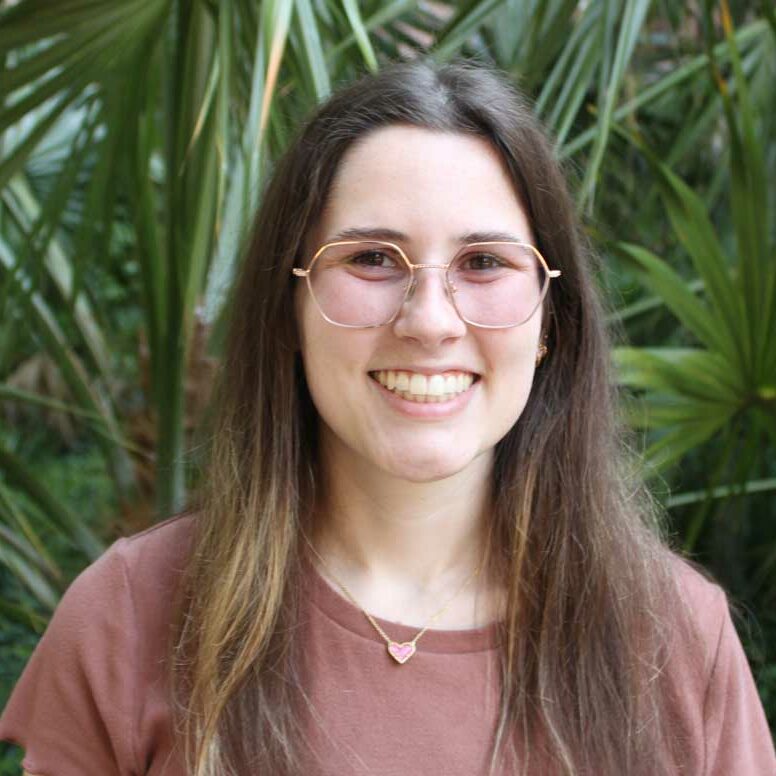
Yimeng Li
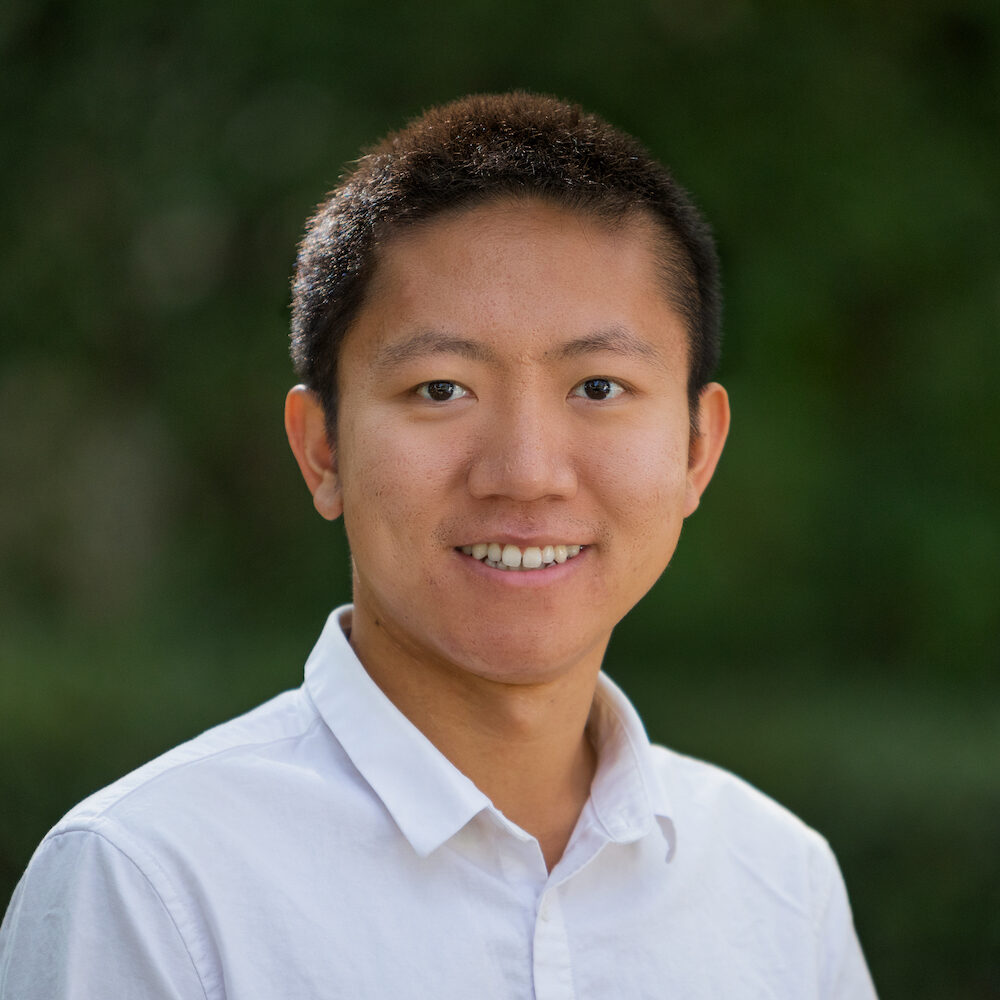
Jake Serwe
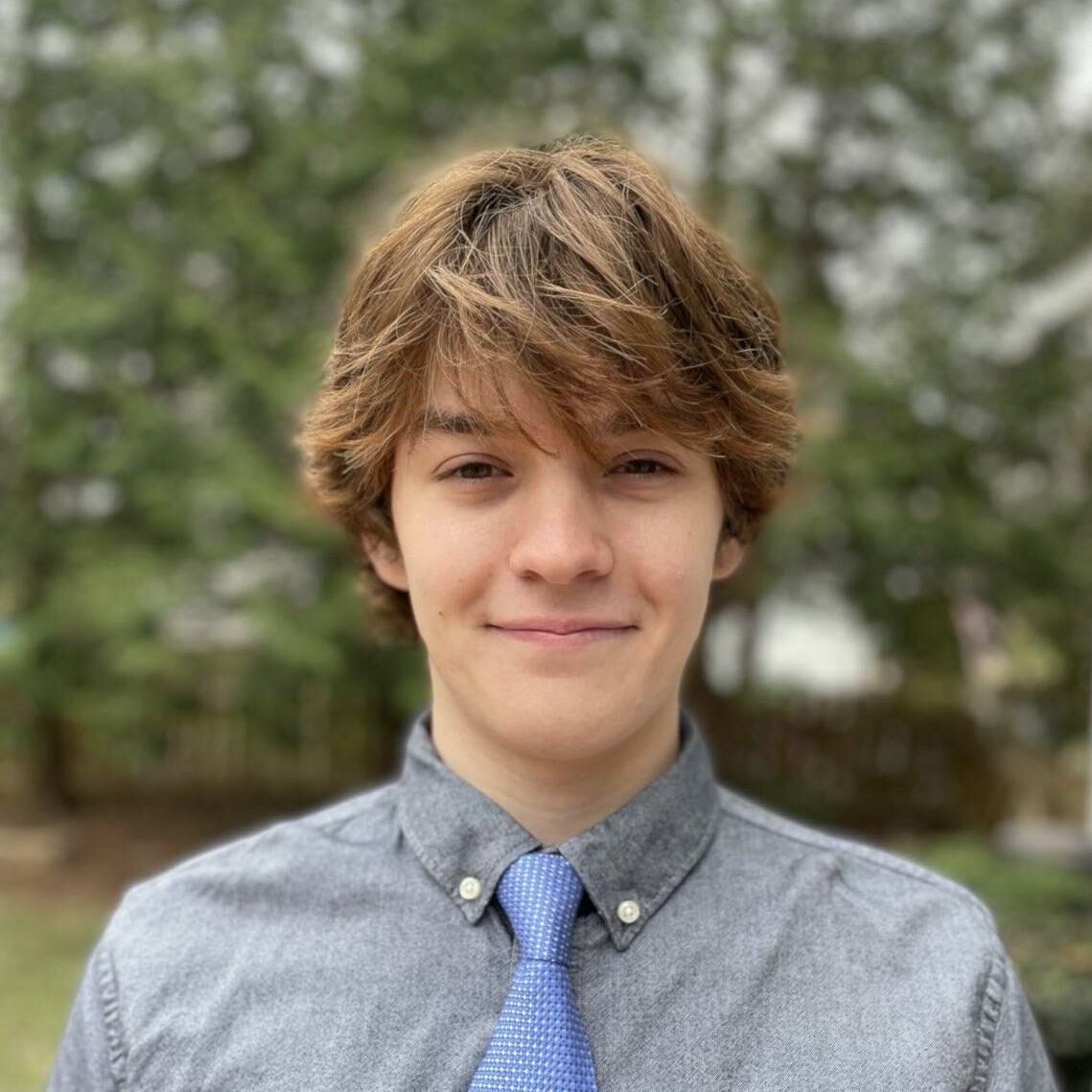
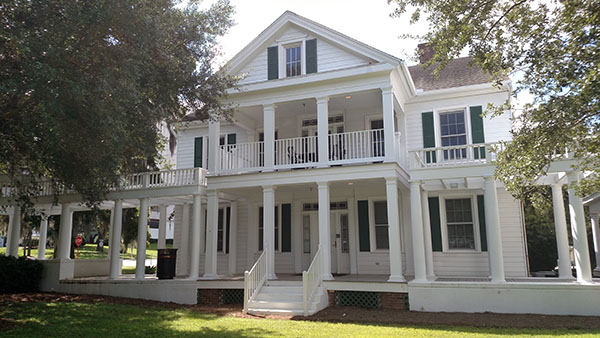
The Caldwell House
The LeRoy Collins Institute is located in the Caldwell House, which is at Florida State’s Law School. The land upon which this house originated was developed as Blackwood Plantation, 800 acres which were purchased in 1828 by Charles Black (1808-1830). Black’s widow Janet Reid Black was the daughter of Florida Governor Robert Raymond Reid, and the family occupied the property until the 1840’s. Sources describe a house on the property to have been built in 1826 by Col. Robert Butler (1786-1860), Florida’s first Surveyor General and friend of Andrew Jackson.

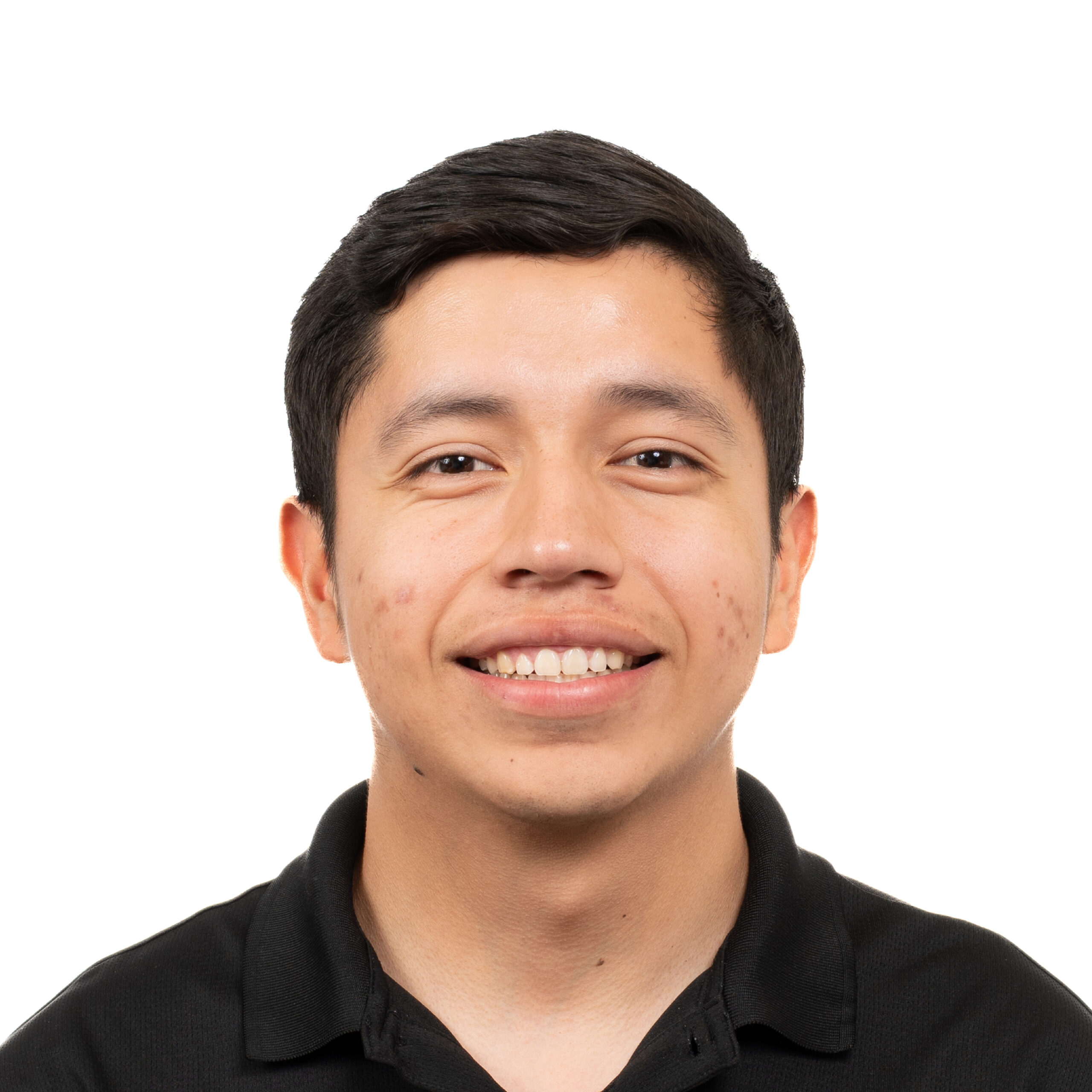 Miguel Arceo-Miranda is an undergraduate political science and public relations student. He is also a member of FSU’s Research-Intensive Bachelor’s Certificate Program in Political Science.
Miguel Arceo-Miranda is an undergraduate political science and public relations student. He is also a member of FSU’s Research-Intensive Bachelor’s Certificate Program in Political Science.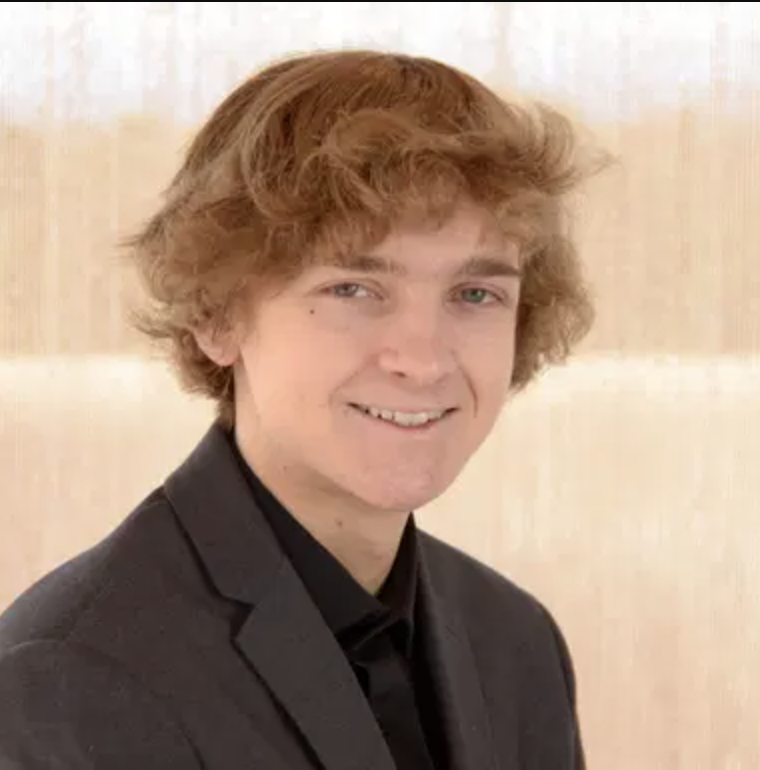 Carson Cary is an undergraduate computer science major at Florida State University.
Carson Cary is an undergraduate computer science major at Florida State University.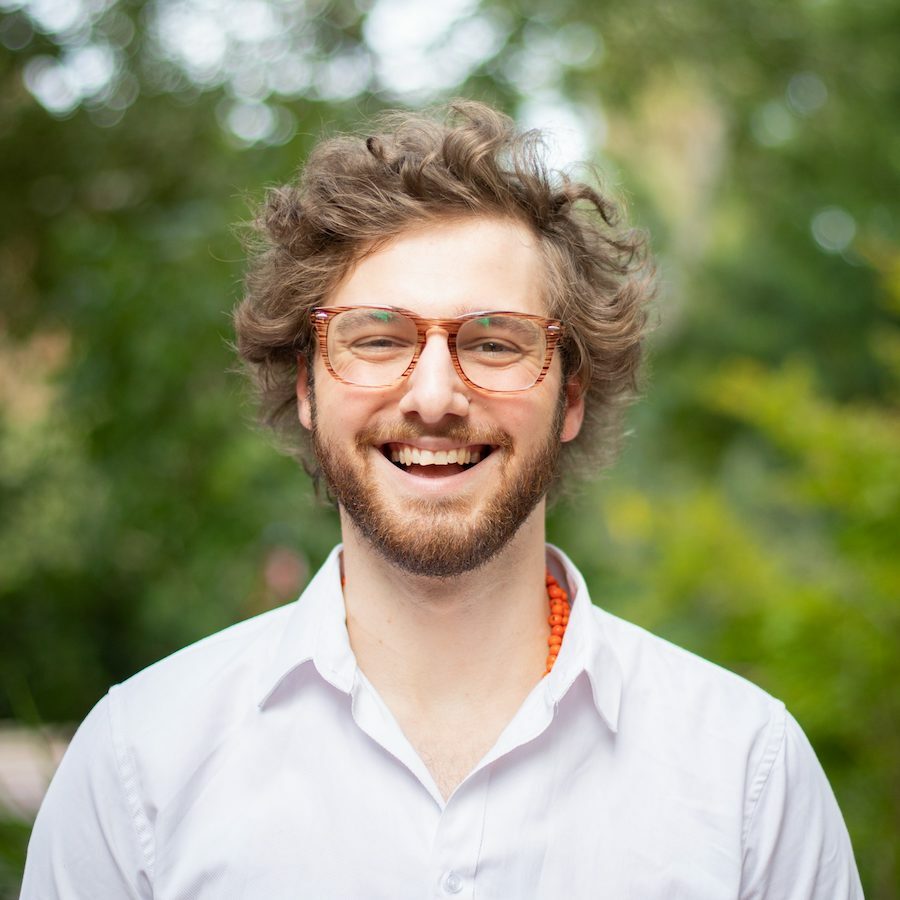
 Austin Cutler is a second year PhD student in the Department of Political Science at Florida State University. His research focuses on American political behavior and public opinion. His research interests include affective polarization, race and ethnic politics, candidate selection, and partisanship. He received his Bachelor of Arts in Political Science and Anthropology from the State University of New York at Geneseo, a Master of Arts in political science from The University of Mississippi, and a Master of Science in political science from Florida State University.
Austin Cutler is a second year PhD student in the Department of Political Science at Florida State University. His research focuses on American political behavior and public opinion. His research interests include affective polarization, race and ethnic politics, candidate selection, and partisanship. He received his Bachelor of Arts in Political Science and Anthropology from the State University of New York at Geneseo, a Master of Arts in political science from The University of Mississippi, and a Master of Science in political science from Florida State University.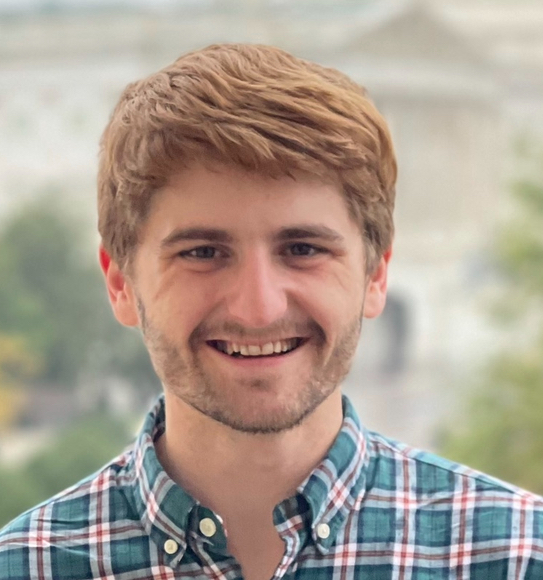 Ryan Davey is a first year Ph.D. student in the Political Science Department. His research interests include legislative redistricting and elections. He received his Bachelor of Arts in Political Science from The University of Alabama and his Master of Science in Education from the University of Miami.
Ryan Davey is a first year Ph.D. student in the Political Science Department. His research interests include legislative redistricting and elections. He received his Bachelor of Arts in Political Science from The University of Alabama and his Master of Science in Education from the University of Miami. Quang Minh Nguyen is an undergraduate Computer Science student at Florida State University, aspiring to become a full-stack developer with a strong focus on backend development. He enjoys building scalable systems, learning new technologies, and solving complex problems through code.
Quang Minh Nguyen is an undergraduate Computer Science student at Florida State University, aspiring to become a full-stack developer with a strong focus on backend development. He enjoys building scalable systems, learning new technologies, and solving complex problems through code.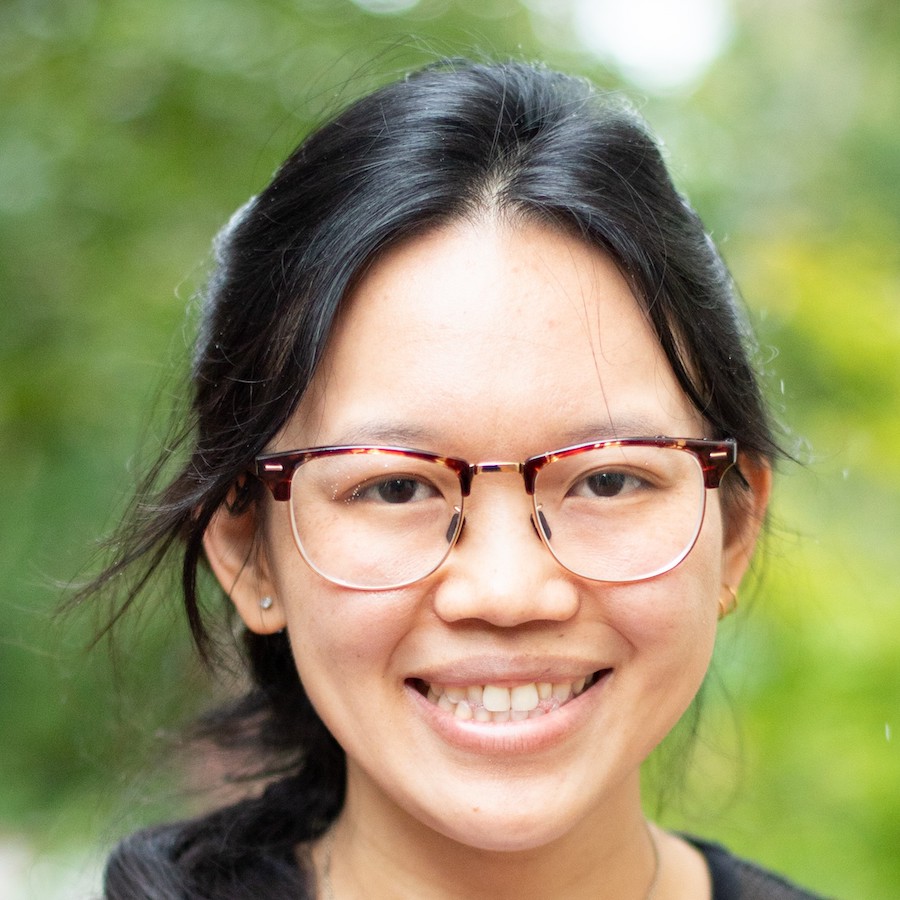 Marli Dunietz is a fourth-year doctoral candidate in political science. Her research investigates political influence and social norms using incentivized experiments, surveys, and quantitative methods. She received her MA (ABD) in economics from the University of Pittsburgh and her AB in mathematics from Princeton University.
Marli Dunietz is a fourth-year doctoral candidate in political science. Her research investigates political influence and social norms using incentivized experiments, surveys, and quantitative methods. She received her MA (ABD) in economics from the University of Pittsburgh and her AB in mathematics from Princeton University.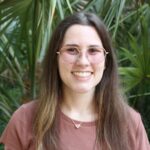 Sarah Holland is a second year PhD student in the Department of Political Science at Florida State University. Her research focuses on American political behavior, public opinion, and election research. Her research interests focus on polarization, partisanship, voter confidence, politics on social media, and election data. She received her Bachelor of Arts in Political Science from the University of Central Florida and a Master of Arts in Political Science from the University of Central Florida.
Sarah Holland is a second year PhD student in the Department of Political Science at Florida State University. Her research focuses on American political behavior, public opinion, and election research. Her research interests focus on polarization, partisanship, voter confidence, politics on social media, and election data. She received her Bachelor of Arts in Political Science from the University of Central Florida and a Master of Arts in Political Science from the University of Central Florida.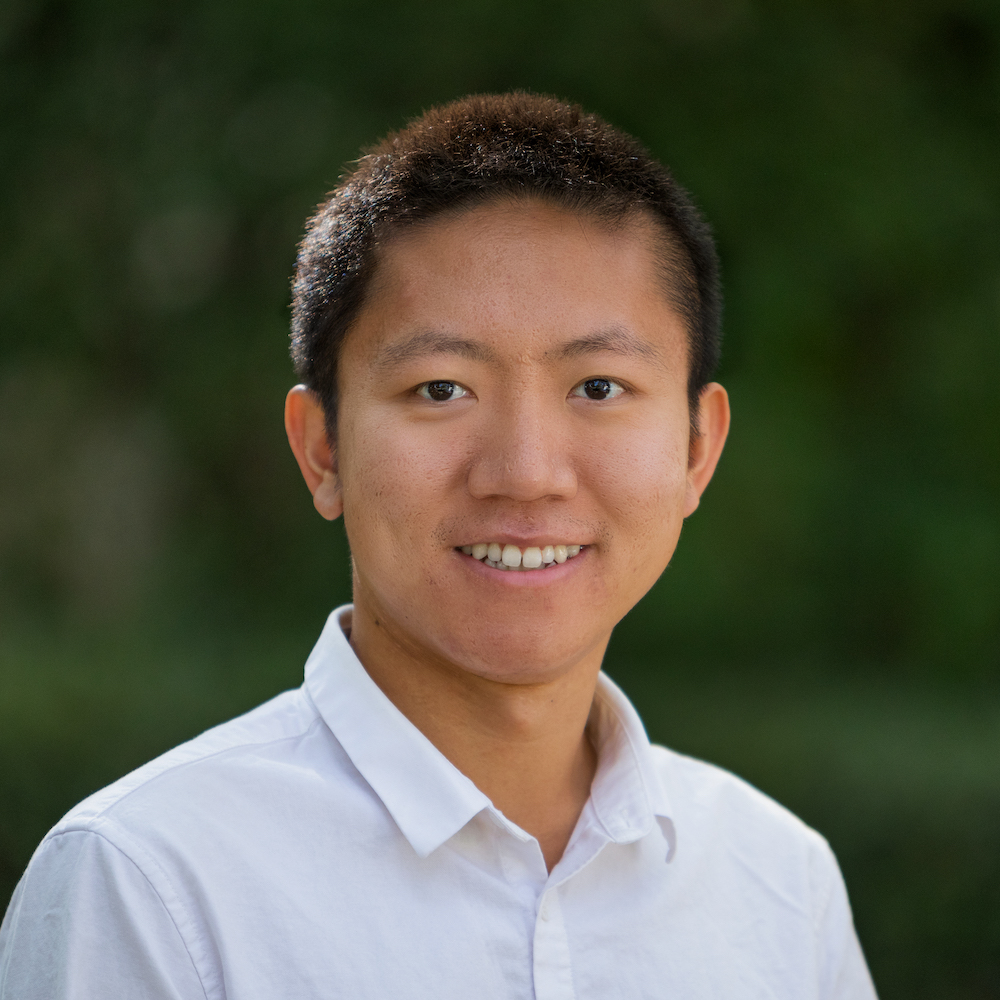 Yimeng Li is a postdoctoral fellow at the Leroy Collins Institute. His research focuses on American politics and quantitative methods. His research in election administration includes voting by mail, provisional ballots, voter confidence, and voting technology. He received his M.Sc. with Distinction from the London School of Economics and Political Science and Ph.D. from the California Institute of Technology.
Yimeng Li is a postdoctoral fellow at the Leroy Collins Institute. His research focuses on American politics and quantitative methods. His research in election administration includes voting by mail, provisional ballots, voter confidence, and voting technology. He received his M.Sc. with Distinction from the London School of Economics and Political Science and Ph.D. from the California Institute of Technology.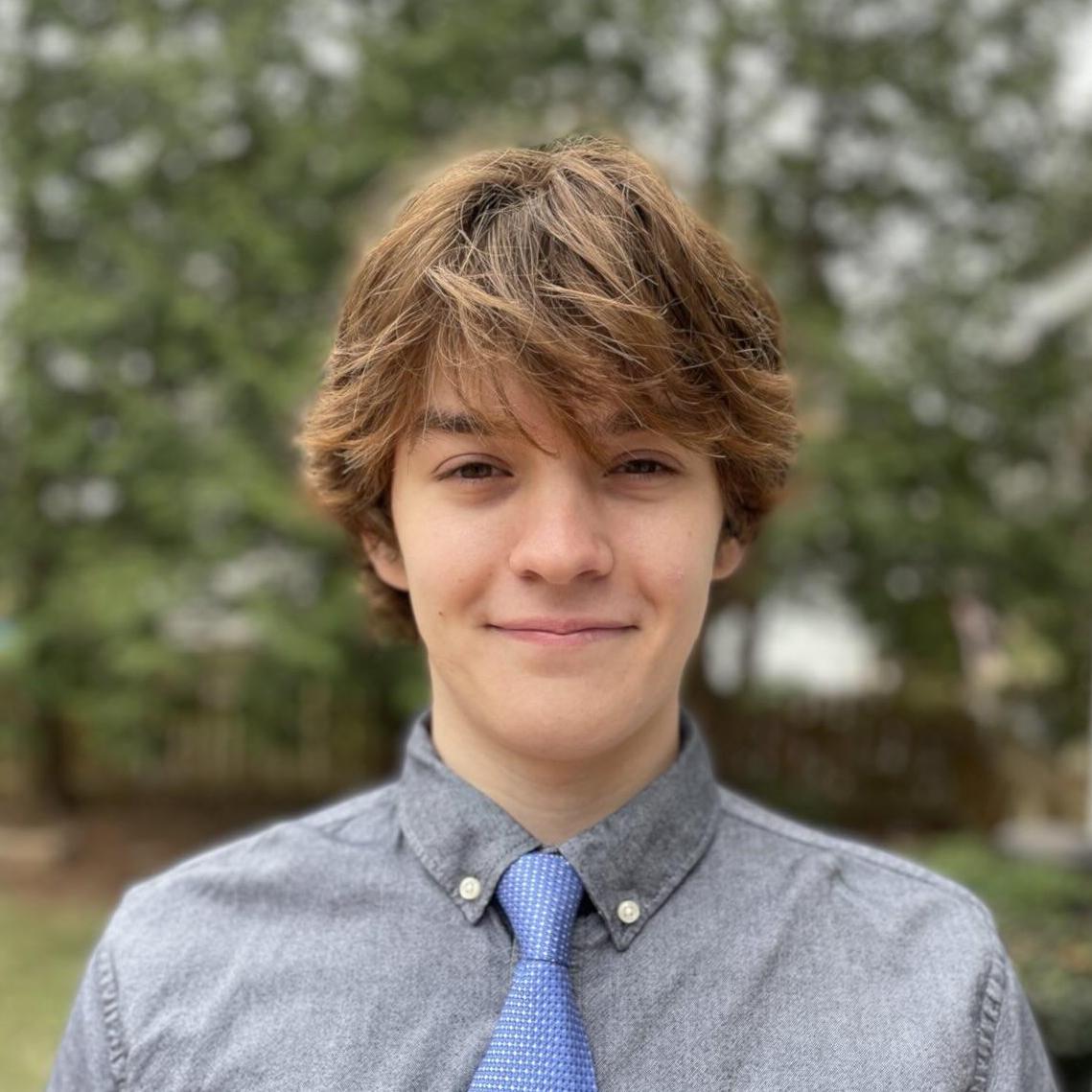 Jake Serwe is an undergraduate studying Computer Science at Florida State University. He is interested in computational solutions to scientific problems, particularly in physics and political science.
Jake Serwe is an undergraduate studying Computer Science at Florida State University. He is interested in computational solutions to scientific problems, particularly in physics and political science.